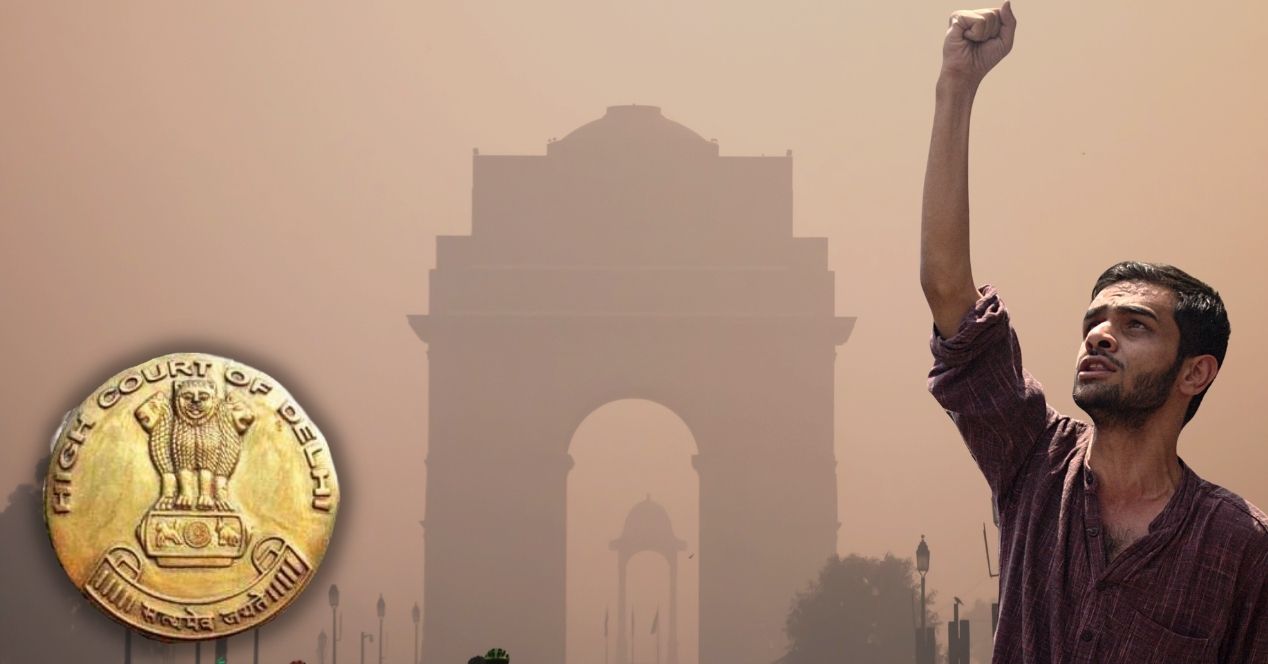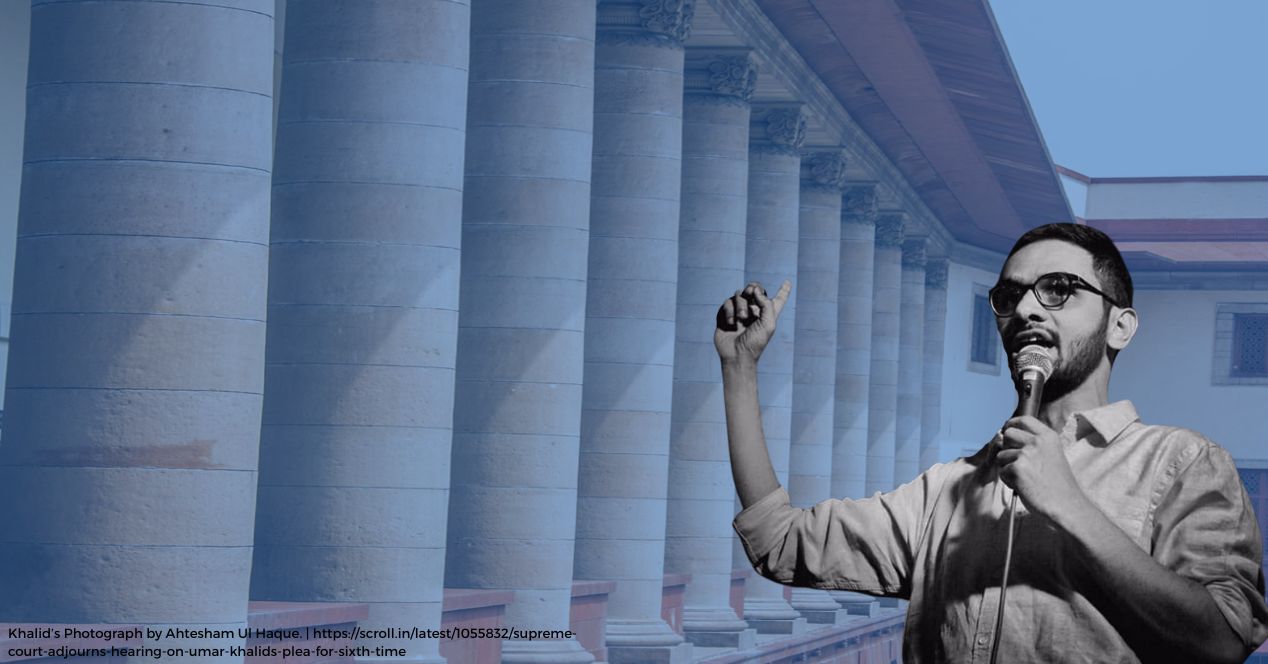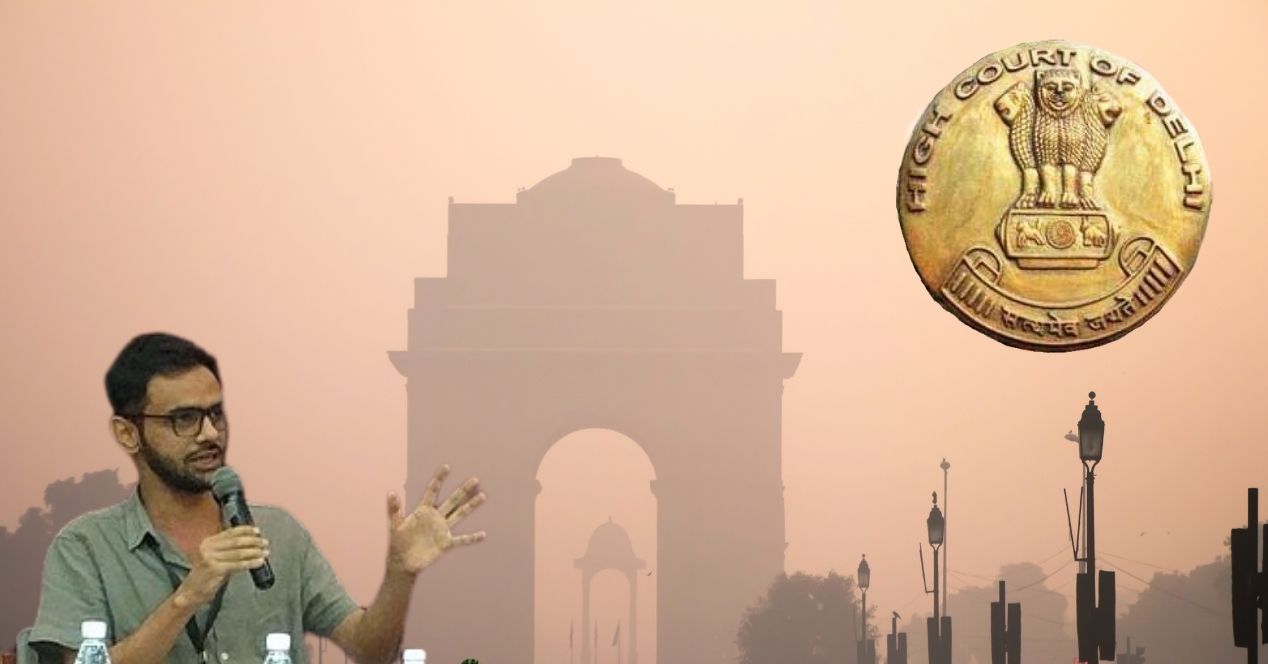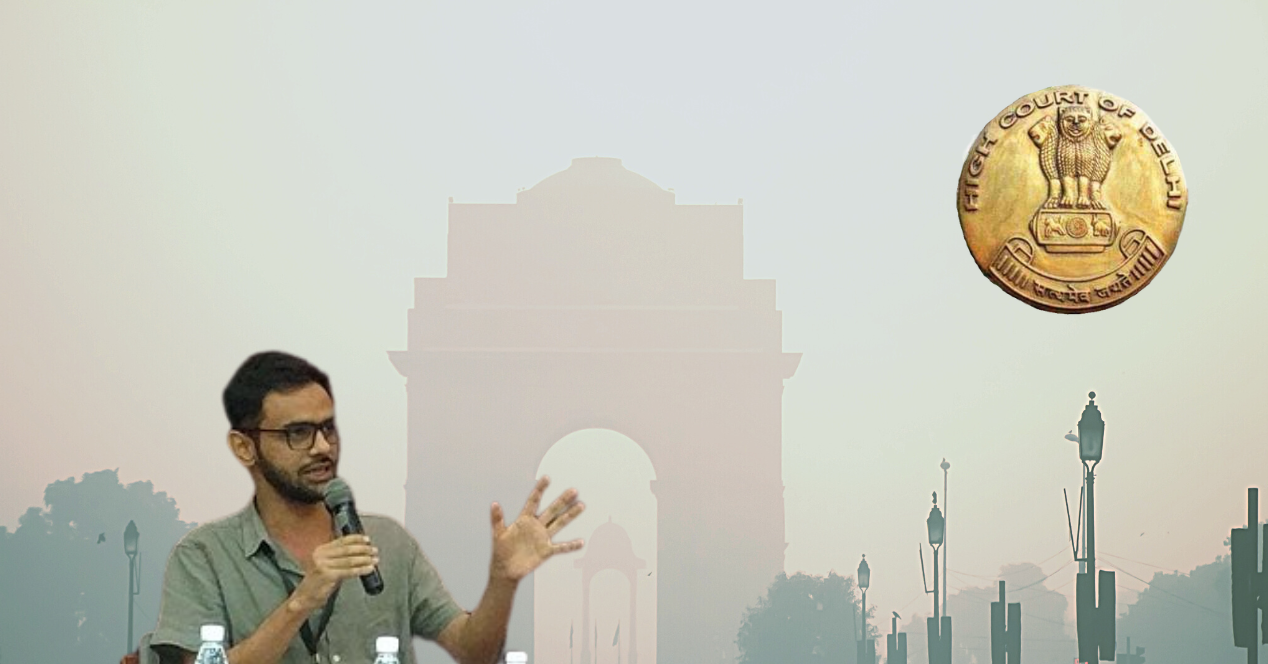Analysis
“Organisers, not instigators”: Accused tell SC as it hears UAPA bail pleas linked to Delhi Riots
It was argued that with no evidence linked to violence and no overt act alleged, Umar Khalid and others cannot be jailed indefinitely
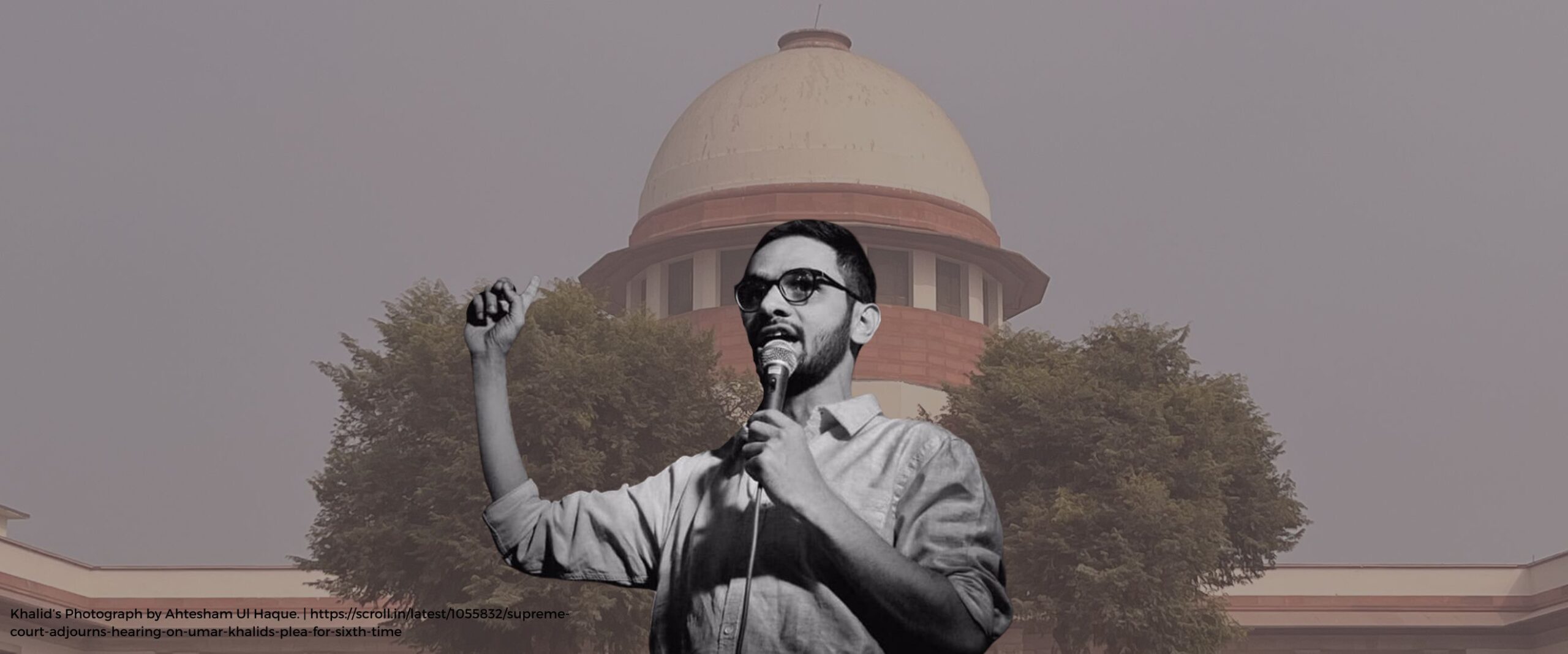
Today, a Bench of Justices Aravind Kumar and N.V. Anjaria continued hearing the bail pleas of Umar Khalid and others accused of conspiring and instigating the 2020 Delhi riots. They have been charged under the Unlawful Activities (Prevention) Act, 1967.
On 31 October, the Bench for the first time heard substantive arguments on the bail pleas. It was contended on behalf of the accused that they have remained in custody for over three years despite the lack of evidence or material connection to the allegations made.
Senior Advocates Kapil Sibal, Salman Khurshid and Siddharth Agarwal appeared for Umar Khalid, Shifa-ur-Rehman and Meeran Haider respectively, while advocate Gautam Khazanchi appeared for Mohd. Saleem Khan.
Solicitor General Tushar Mehta and Additional Solicitor General S.V. Raju appeared for the Delhi Police.
Khurshid: ‘Right to protest cannot be criminalised’
Opening with a reference to the Chicago Seven trial of anti-war protestors, Khurshid said it offered a valuable lesson on the thin line between protest and criminality. “There is a right to protest,” he said. “But where do we draw the line when someone is protesting peacefully but is provoked into confrontation? Nobody is justified in indulging in violence.”
Rehman, he said, is the President of the Alumni Association of Jamia Millia Islamia (AAJMI), yet the organisation itself has not been made an accused. “He has been handpicked,” Khurshid contended, adding that Rehman’s role was that of an academic and social leader who treats Jamia not just as his alma mater, but as his continuing sphere of service.
Citing the chargesheet, AAJMI’s press release, witness statements and even protected statements he argued that there was no evidence of any illegality. “Protected witnesses only said that they, along with Haider and Shifa-ur-Rehman, were present at the protests. There is no allegation that he made any provocative speech,” he noted. Referring to alleged phone calls between Rehman and other accused, he explained: “These calls took place when there was great unrest in Jamia. They reflected concern, not conspiracy.”
Khazanchi submitted that Khan was a “permanent resident of Chand Bagh, one of the areas affected during the Delhi riots,” and was “only a protest organiser, not an instigator”. He argued that Khan’s antecedents arose “only from this case.”
Lack of connection with alleged conspiracy
Sibal briefly clarified that Khalid was named only in the “larger conspiracy” case (FIR 59/2020), and not in any of the 751 FIRs relating to incidents of violence. He added that out of 116 trials that have concluded so far, 97 have ended in acquittals.
When ASG Raju questioned the relevance of this statistic, Sibal responded, “I am merely placing facts before the Court.”
Khurshid and Khazanchi submitted that neither Rehman nor Khan were members of the WhatsApp groups and communication chains linked to the alleged conspirators. While they had attended some meetings, there was no allegation that their participation was unlawful.
The prosecution, Khazanchi said, had primarily alleged that Khan was one of the “main organisers of the Chand Bagh protest site,” but his presence was established only through witness statements recorded two months after his arrest, and CCTV footage.
Grounds of parity and prolonged incarceration
Agarwal and Khurshid argued that if nothing else, Rehman and Haider were entitled to bail on the same grounds as three other co-accused who had been granted bail by the Delhi High Court in June 2021. “The Court may have said those orders are not precedents,” Khurshid noted, “but the facts of parity remain. I am entitled to the same consideration.”
Khurshid also pointed to the AAJMI logbook, which was seized by police, saying that the only financial irregularity alleged was “an extra bill of 64,000/-.” “That discrepancy is the maximum that can be said against me,” he added. To demonstrate Rehman’s conduct, he mentioned that he had previously been granted interim bail twice, on 25 November 2023 and 11 November 2024, and had surrendered each time without incident.
Agarwal argued that the Delhi High Court had “categorised” the accused into different groups when deciding their bail pleas, but failed to apply parity consistently. He submitted that while the length of incarceration was common across all accused, the nature of allegations differed.
While the other accused were alleged to be members of Pinjra Tod or participants in secret meetings at Chand Bagh, Agarwal submitted that Haider’s case stood on “even lighter footing” as he was not part of any such group or meeting. The only allegation against Haider, he submitted, was of raising funds to support the riots. According to the prosecution, 1.64 crore was allegedly collected, of which 80,000/- was transferred to Haider’s account and 2 lakh in cash was received. “Read this in the context of five years and seven months of incarceration,” Agarwal urged.
Pointing out that the Trial Court official recorded completion of the investigation only in September 2024, he argued that “for over three years, there was no occasion for the trial to progress”. Referring to photographs in the chargesheet allegedly depicting secret meetings, he noted that Haider did not appear in any of them. The Bench observed that one image “appeared sketched,” to which Mehta replied that it was real. Agarwal maintained that Haider was in Bihar at the time, attending the last rites of his mother.
With nearly 960 witnesses cited by the prosecution and around 350 yet to be examined, continued incarceration was unjustified. “After five years, any day for 350 witnesses is a day too many,” Agarwal remarked.
Khazanchi pointed out that the allegation that Khan was seen using a wiper to damage a CCTV camera had been found “insufficient” by the High Court to “justify prolonged custody.”
Khazanchi further submitted that Khan had been released six times on interim bail, three times in 2023, twice in 2024, and again in March 2025, and had “surrendered each time without incident.” The first bail order recorded satisfactory conduct, he said, urging parity.
The Court will continue hearing the matter on 6 November at 2 pm.

